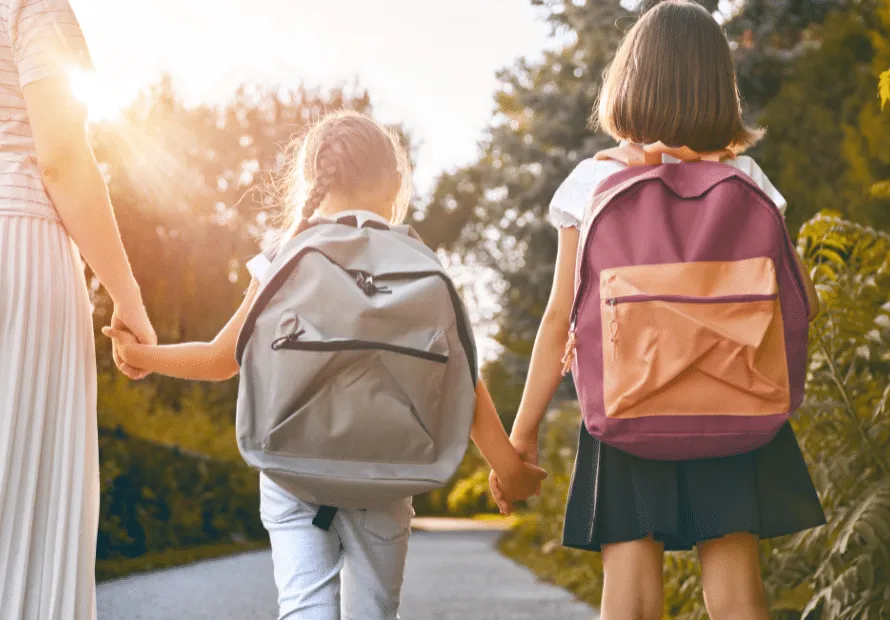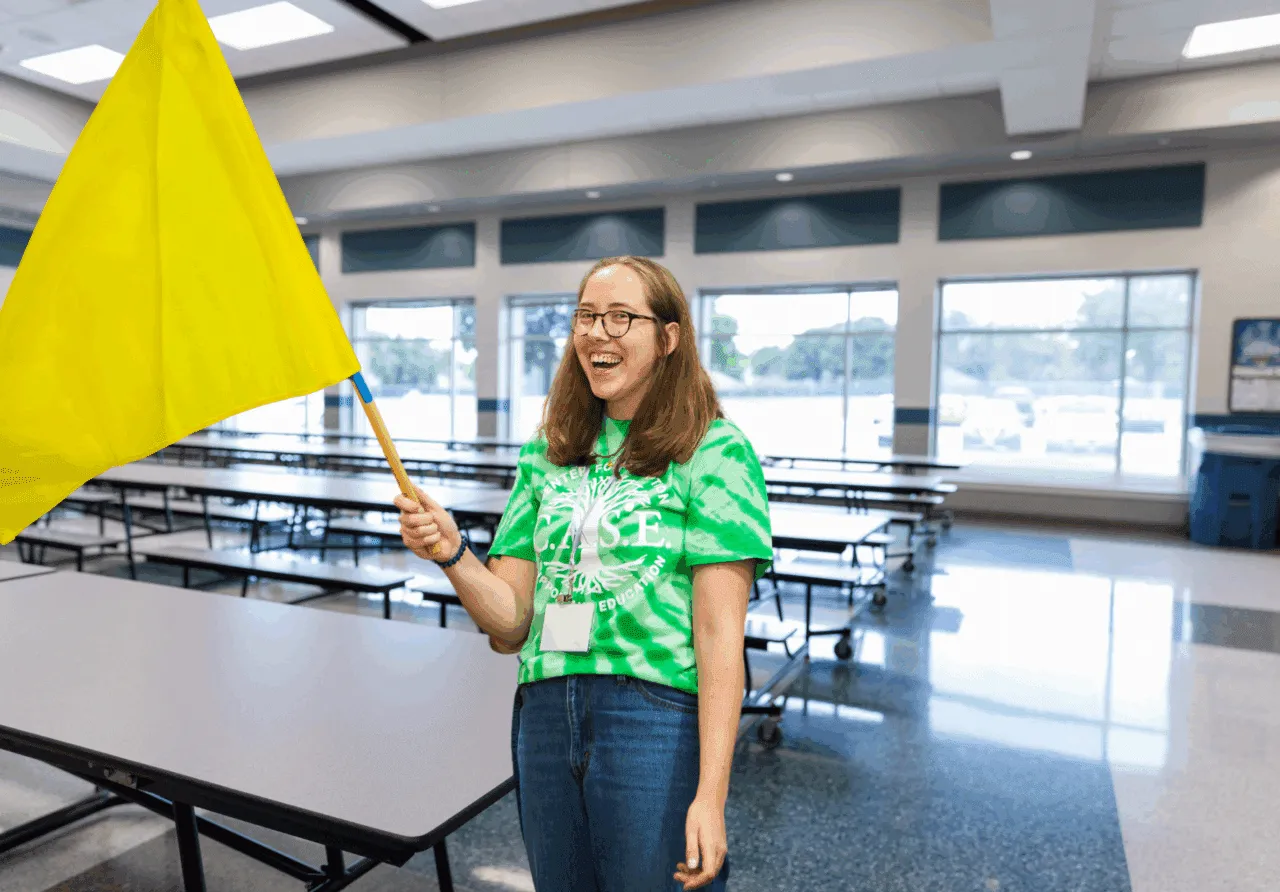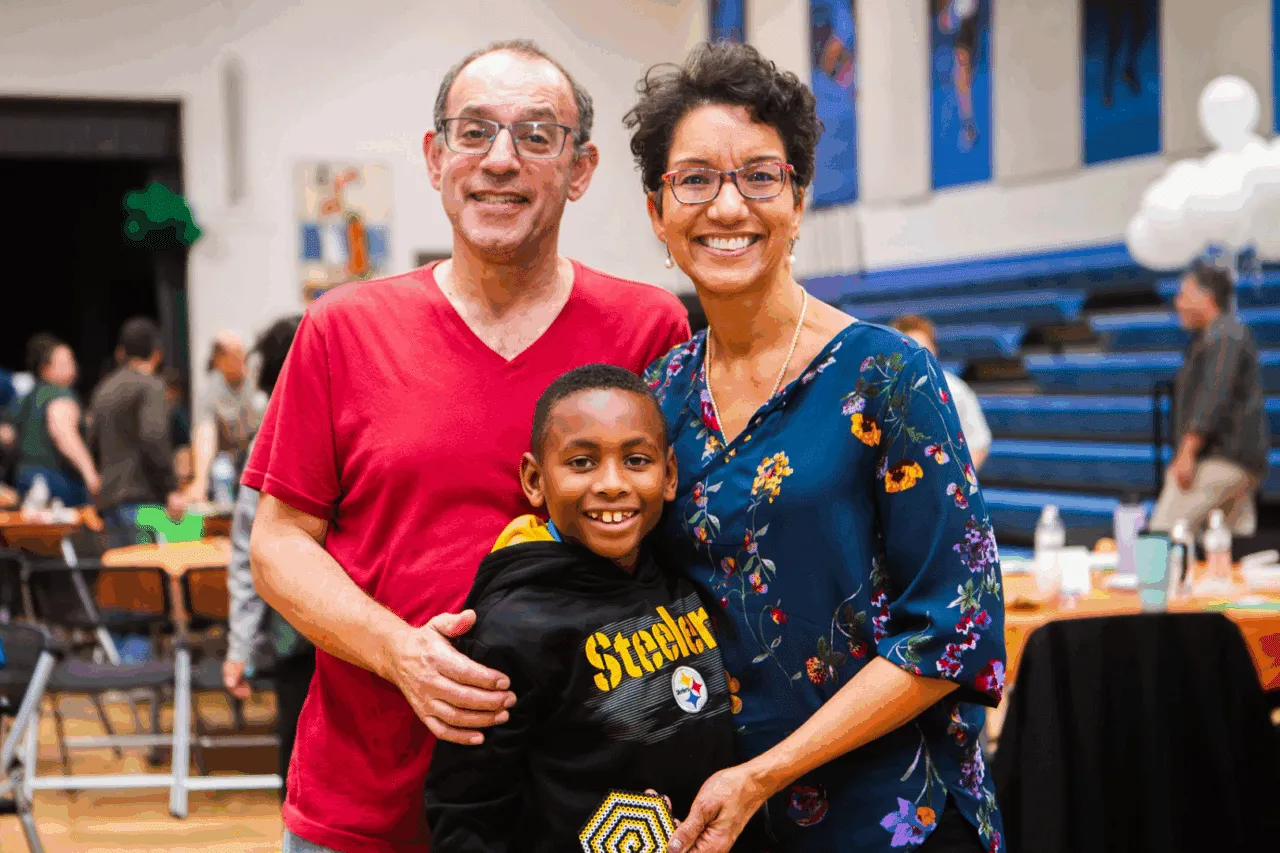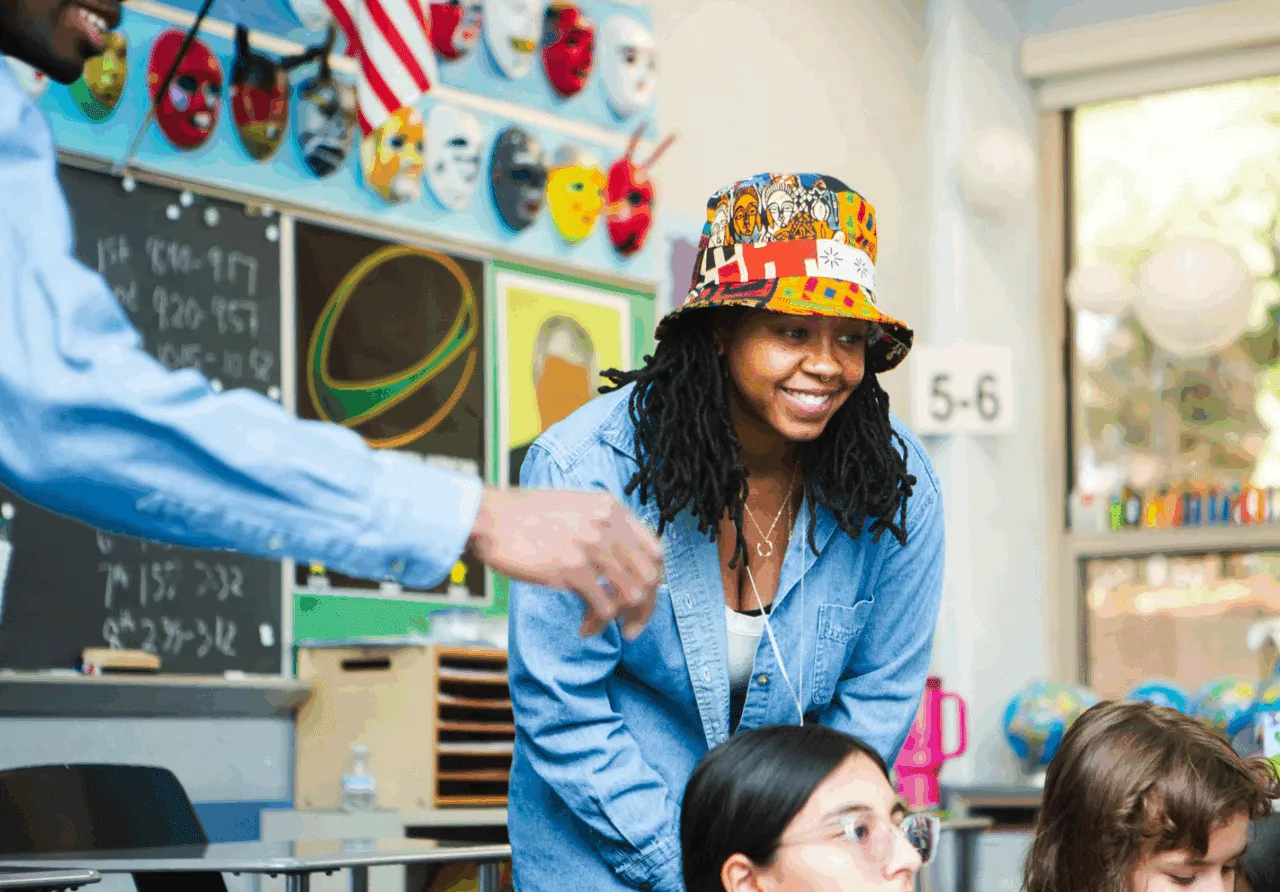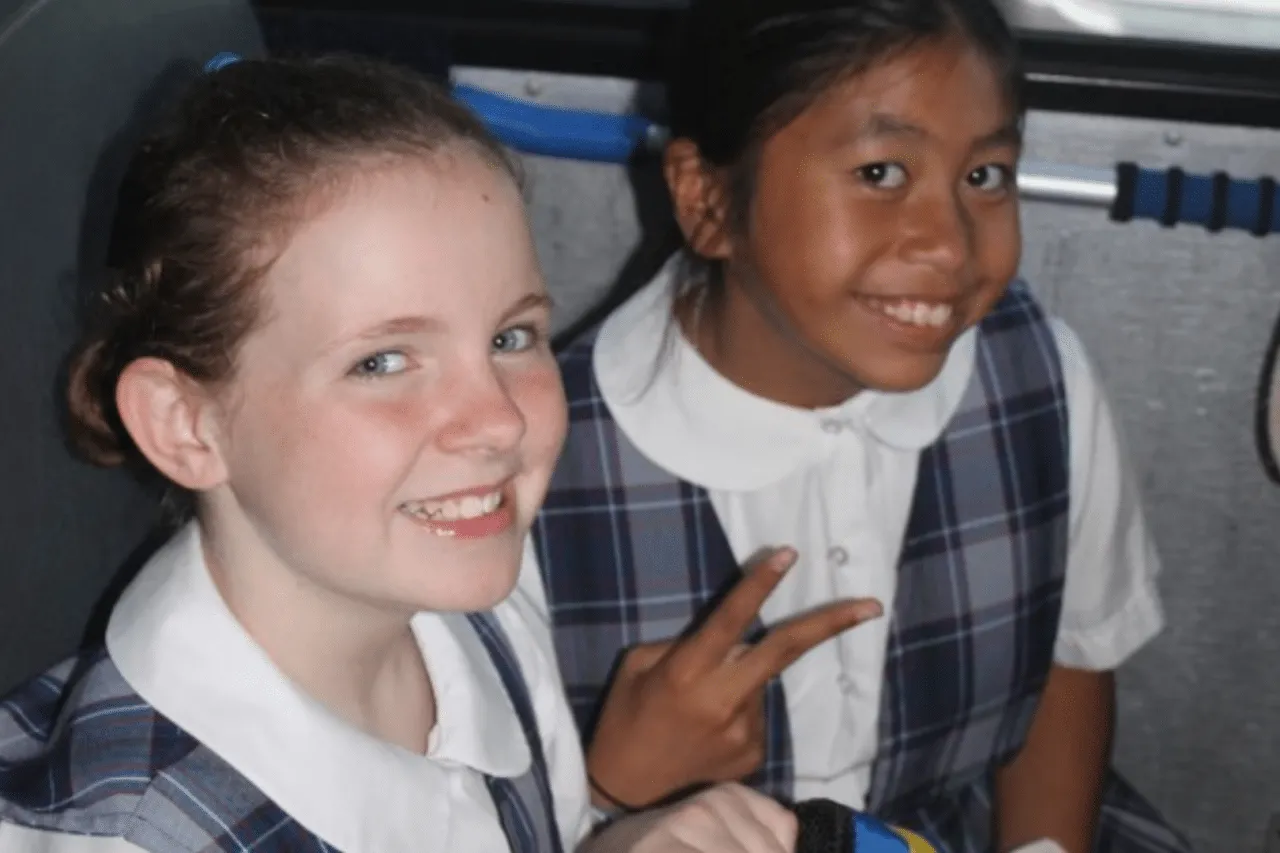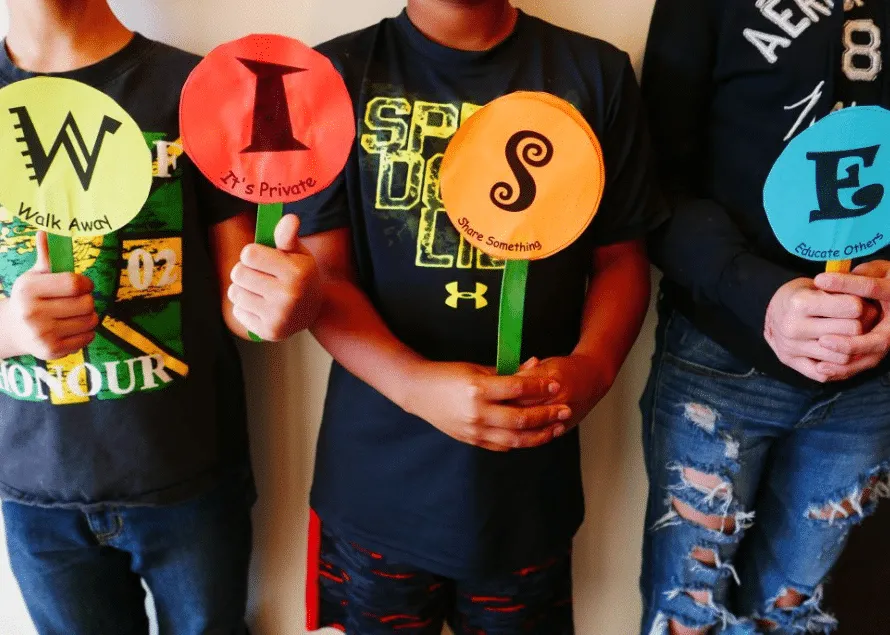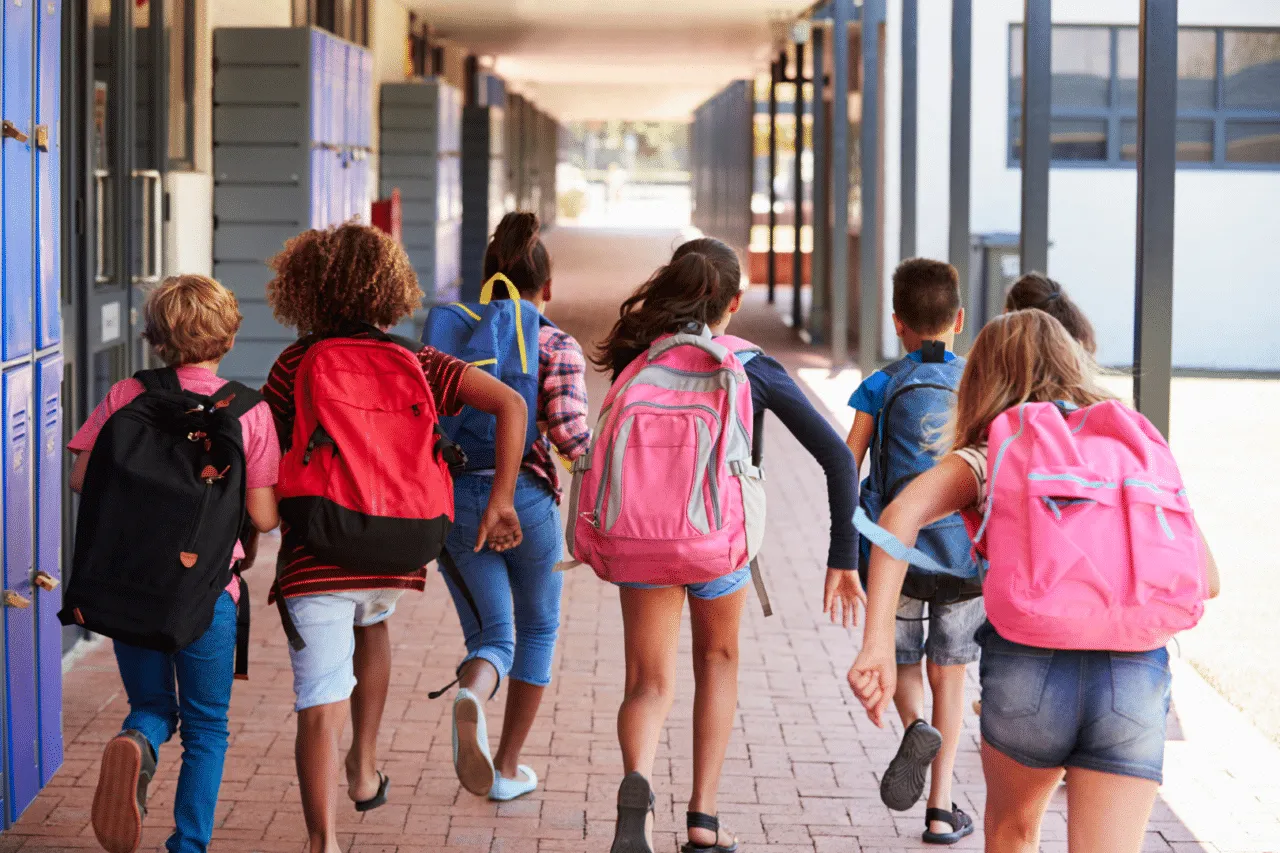Back to School & Not Always Having All the Answers
Back to School & Not Always Having All the Answers

The Emerging Leaders Candid Corner
A place where adopted adults candidly share THEIR stories & answer YOUR questions
Sharing My Adoption Story in School
As a child in school, I took a different approach than most when it came to my adoption story. I was brought up knowing about my adoption story from a young age and had a great deal of knowledge about my birth family.
Because of this, I would openly tell people I was adopted, use it as my fun fact in school, and even brought in pictures of my birth family on my show-and-tell day. This would leave my classmates with a lot of questions, but because I had the privilege of information that a lot of adoptees don’t have, I navigated these questions with certainty and a matter-of-fact attitude.
Before I even knew what I was doing, I now realize, I was actually educating my classmates on being adoption sensitive. If it were not for my being so forward with my adoption story, my classmates, or even teachers, probably would not have been so aware of what they said or how they taught lessons or assigned certain projects.
Adoption Competency in Schools
As a current public school teacher, there are times where I even forget to be adoption sensitive in my own lesson planning. But what has not changed is my willingness to be open with my students and fellow staff members about my adoption story. Because so many are not granted the opportunity to know their entire story or have information at their fingertips, there are certain topics in school that can be triggering.
Some of these things can start on the first day of school with “Get to Know You” activities or assignments. Oftentimes, questions about family come up. How many siblings do you have? Where were you born? Who lives at home with you? Seemingly innocent questions that could lead to a lot more questions for adoptees.
Any type of ancestry or genealogical assignments can also bring up similar feelings of uncertainty and confusion. Many don’t have a full family history, so creating a “family tree” or “family map” may not even be possible for some. I remember having to do a recessive vs. dominant trait activity in science class and having to decide if I should do it using my birth family traits or adoptive family traits.
Asking an adoptee to create one or the other could bring into question their loyalty to either depending on their adoption journey. Some may not want to leave their birth family out of their lives and still consider them their family, while others feel like their adoptive family is their family and there is nothing more to consider.
It is always better to be more conscious when it comes to these activities. I had students this past year ask their families if they knew their family background and how they got to the U.S. I immediately felt like a bad teacher for not thinking of my students who would have a harder time with asking for that information or not having an answer at all.
Professional Training for Adoption Competency in Schools
We are not perfect beings, and feeling like we have one more thing to juggle in the never-ending list of jobs can feel overwhelming, but taking the time to learn and understand is always a great first step. Having adoption competent mental health services in school and professional developments for staff on how to be adoption sensitive are bare minimum ways to achieve adoption sensitivity within schools.

